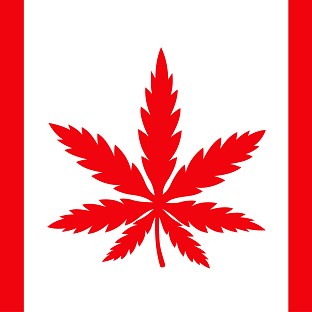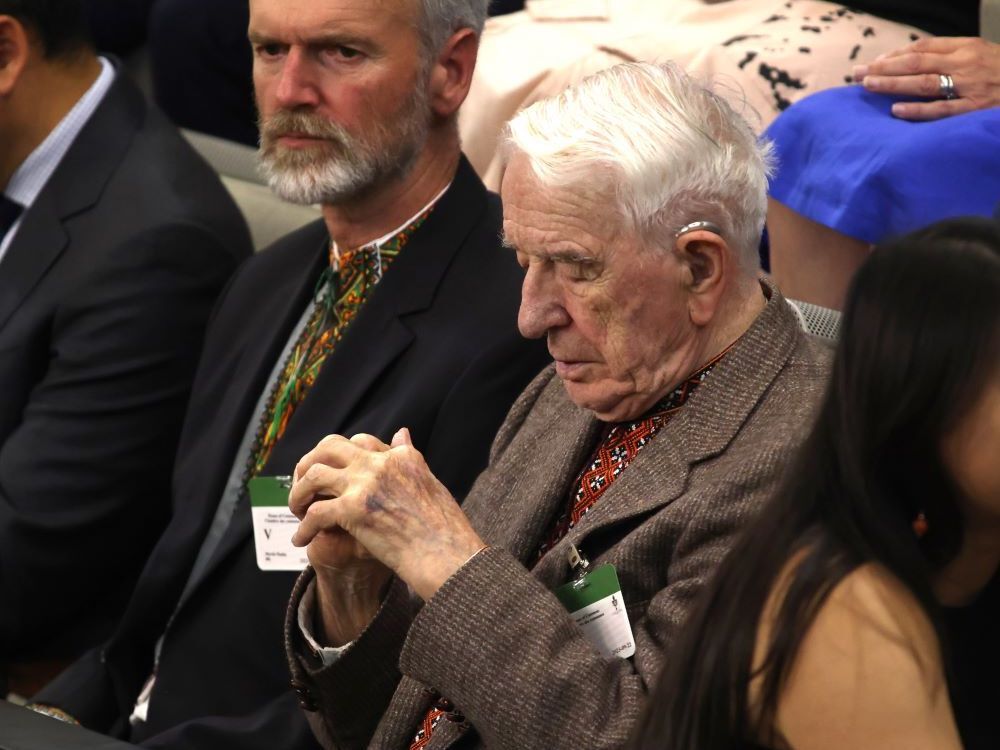Growing up in Winnipeg, I was sometimes fascinated and sometimes skeptical as my dad, an immigrant Jewish railway worker with not a single grade of formal education, kept pointing out people in our North End neighbourhood he insisted were Nazis that Canada had welcomed after the Second World War.
In 1984, I indicated to the archivist at Library and Archives Canada who specialized in federal immigration files that I wanted to see records that might help me determine whether my dad was on to something. His answer: “There’s a story to tell, and you are the person to tell it.”
. . .
Ironically, just months later, after an incident suggesting that Josef Mengele, the monstrous Nazi physician who performed medical experiments on prisoners in Auschwitz, might be living in Canada, the Canadian government appointed the Commission of Inquiry on War Criminals in Canada to research and report on the issue of whether Nazi war criminals resided in Canada and, if so, who they were and how they got here.The Deschênes Commission, as it was also called, reported in 1986 and did confirm that there were many war criminals in Canada. But a large part of its report was kept secret, and the public report, in my view, ignored the issue of why there were tens of thousands of former Nazis in Canada, including a very large number of individuals whom the Nuremberg courts after the war labelled as war criminals.
The commission report suggested a rather lazy effort by immigration bureaucrats to keep track of who they were allowing to enter Canada in the late 1940s and afterwards when labour demands seemed to trump all other concerns. My research suggests that is nonsense.
Canada’s Immigration Department after the war determinedly and successfully prevented communists and other leftists from immigrating to Canada or even visiting the country. It also determinedly and successfully prevented non-whites from becoming immigrants to Canada between 1946 and 1962. For several years after the end of the war they also successfully prevented Jews, desperate to leave deportation camps in Europe and settle in permanent homes, from coming to Canada.
- DayOfDoom [any, any]·11 months ago

